March 31, 1852 in Thoreau’s Journal:
Intended to get up early this morning and commence a series of spring walks, but clouds and drowsiness prevented.
March 31, 1855 in Thoreau’s Journal:
It is suddenly warm, and this amelioration of the weather is incomparably the most important fact in this vicinity. It is incredible what a revolution in our feelings and in the aspect of nature this warmer air alone has produced. Yesterday the earth was simple to barrenness, bound out. Out of doors there was nothing but the wind and the withered grass, and the cold though sparkling water, and you were driven in upon yourself. Now, you would think there was a sudden awakening in the very crust of the earth, as if flowers were expanding and leaves putting forth; but not so. I listen in vain to hear a frog or a new bird as yet. Only the frozen ground is melting a little deeper, and the water is trickling from the hills in some places.
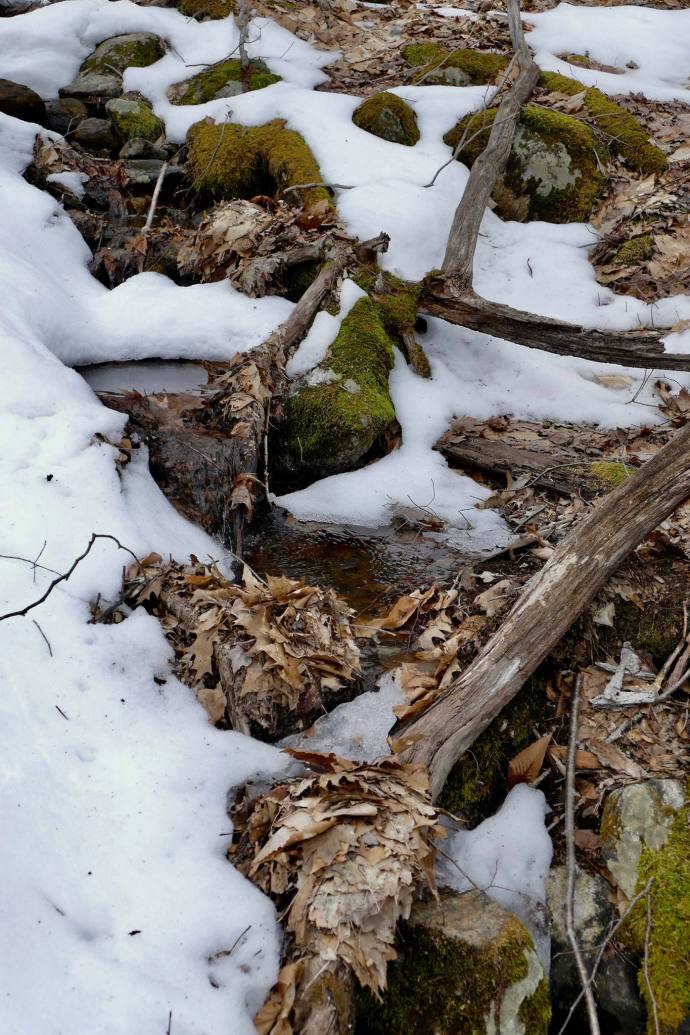
No, the change is mainly in us. We feel as if we had obtained a new lease of life.




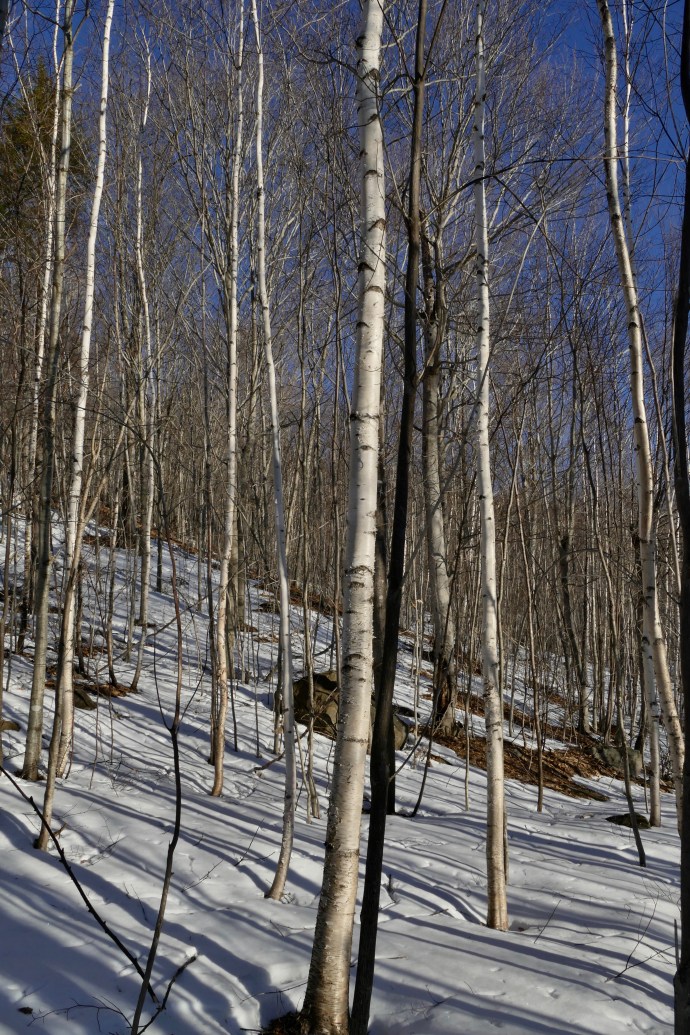
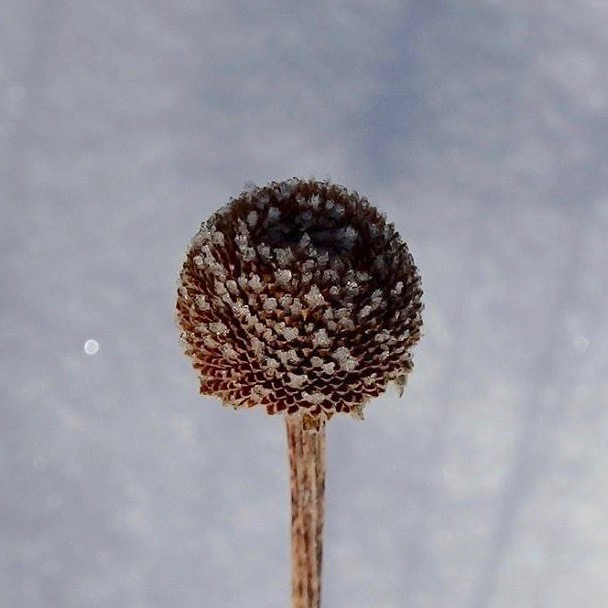
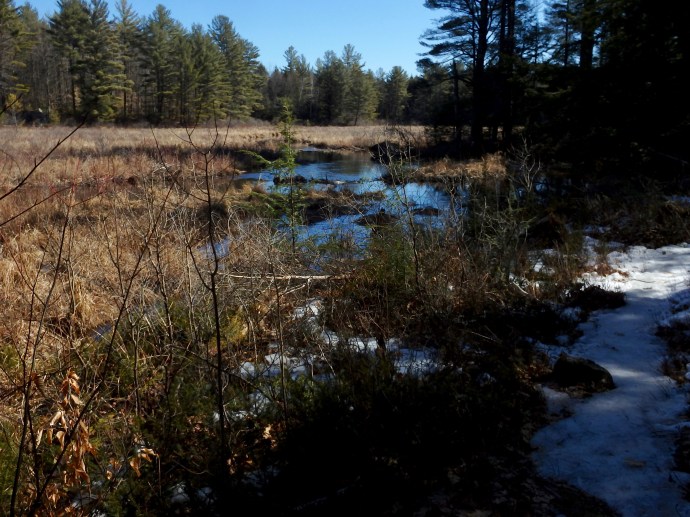
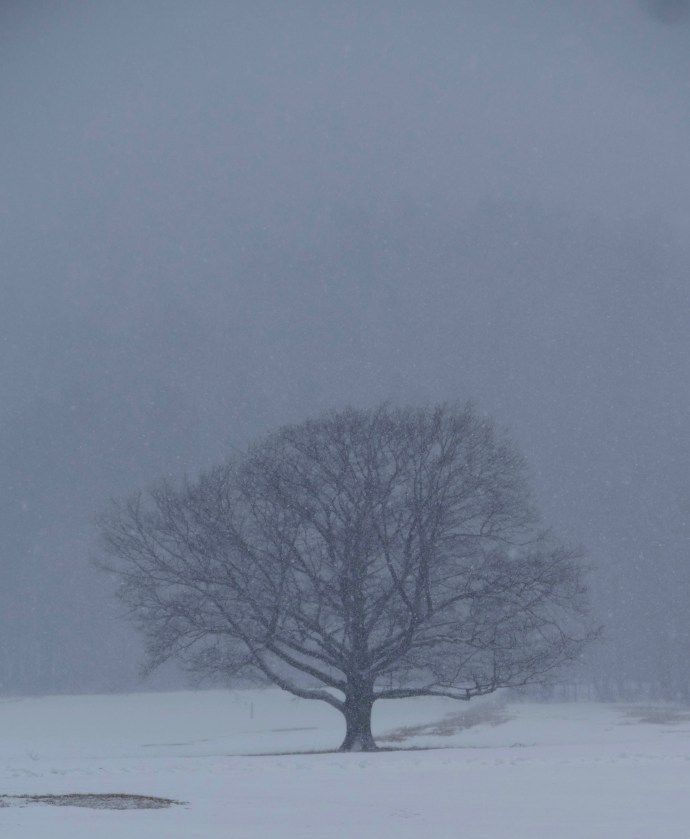

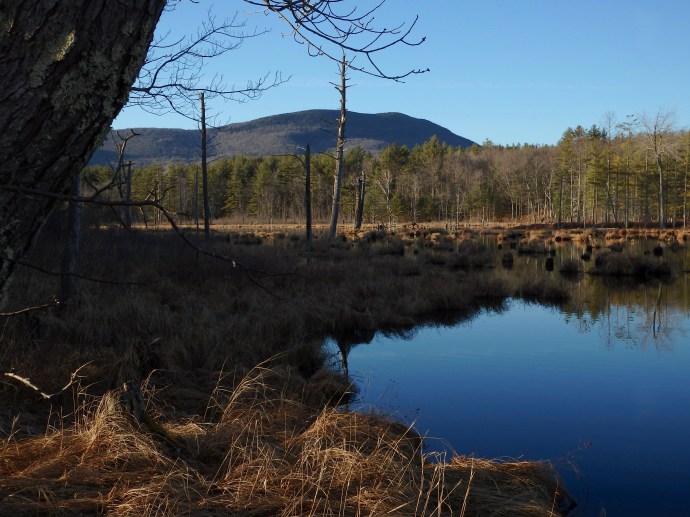
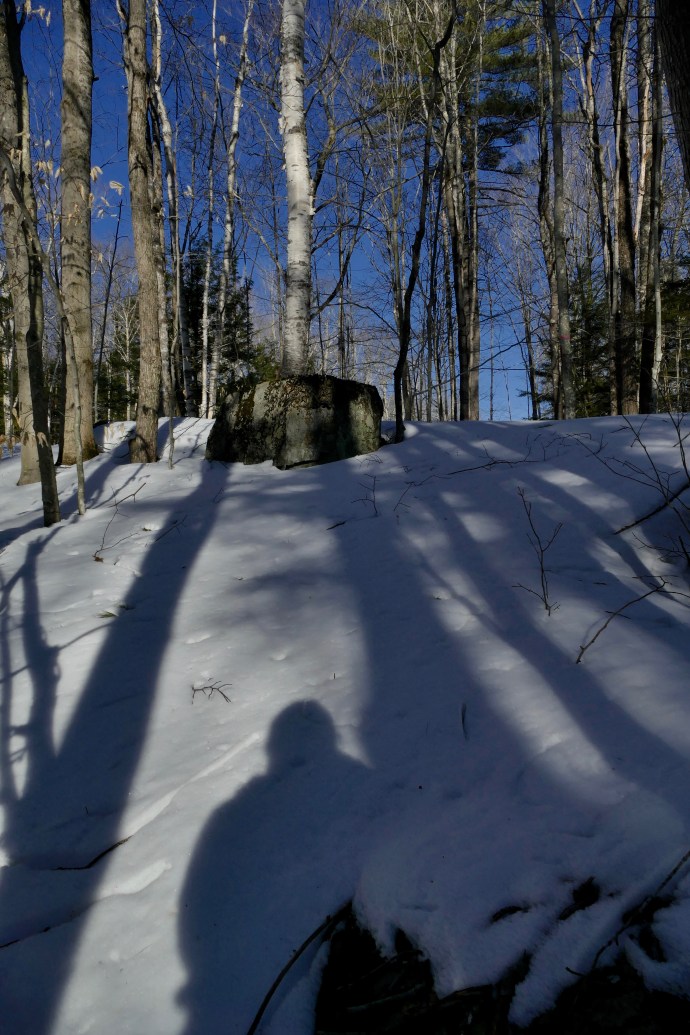
 I am sure to be an early riser….
I am sure to be an early riser….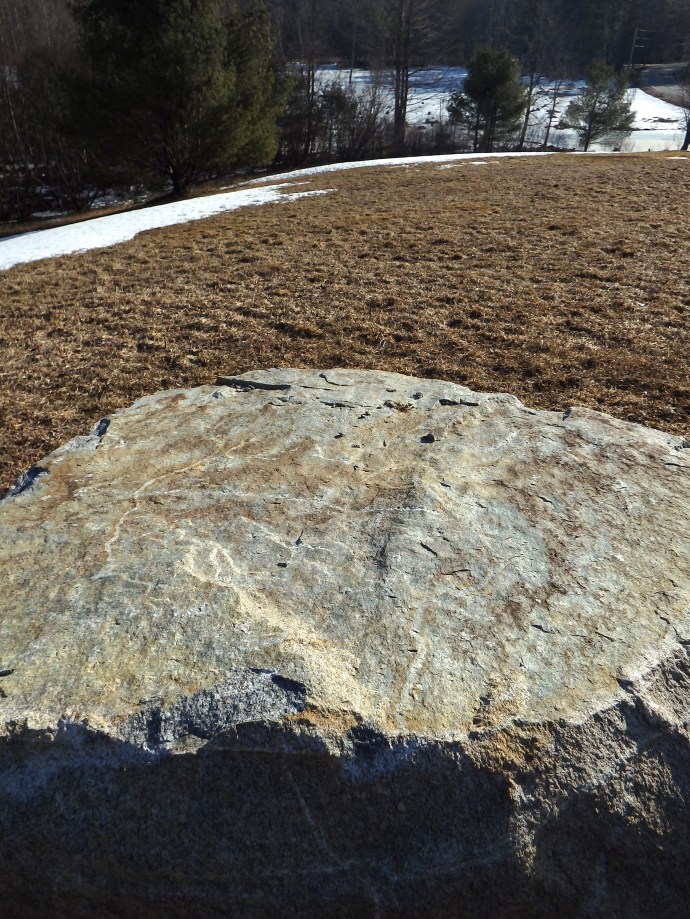




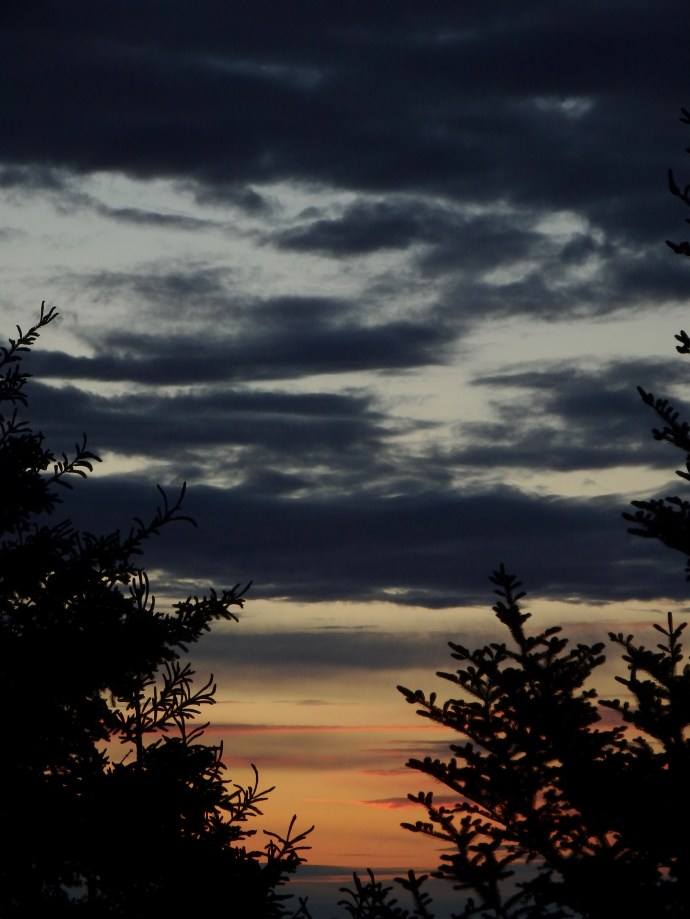




You must be logged in to post a comment.